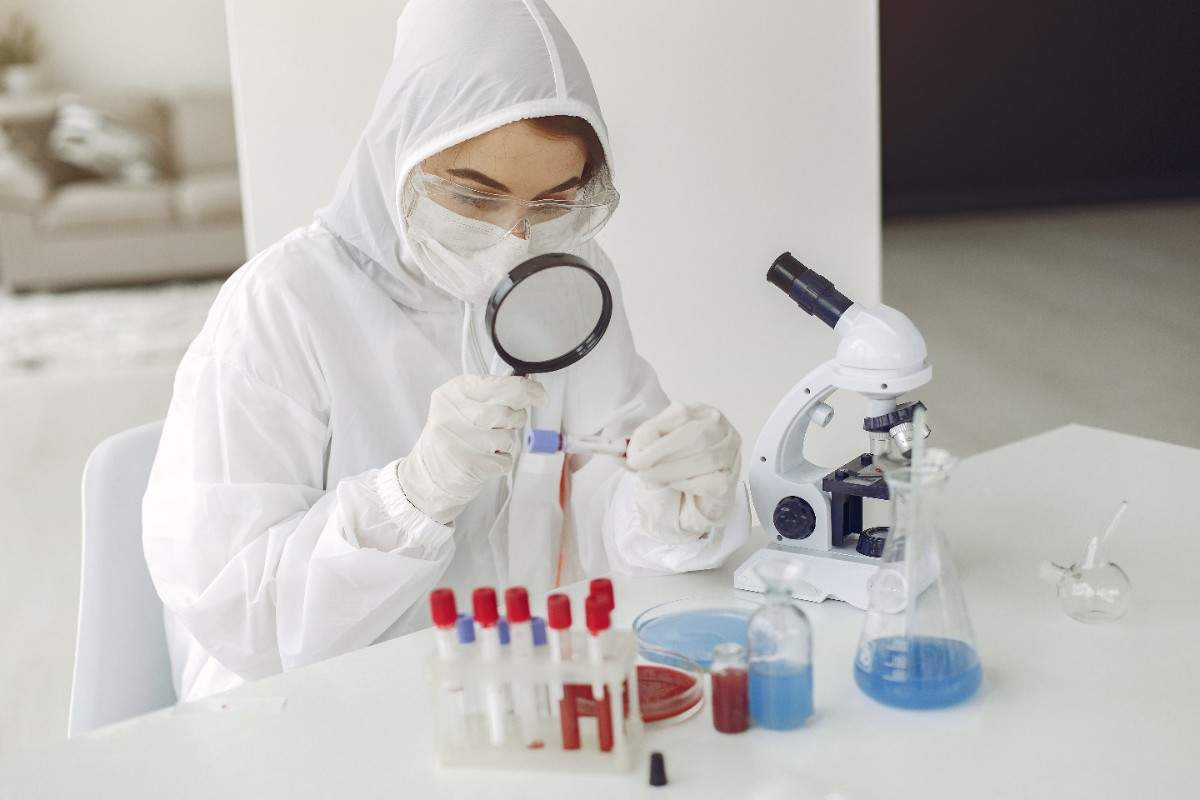Understanding Serology Tests – Detecting Antibodies & Immune Response
Serology tests are diagnostic blood tests that detect antibodies in the bloodstream. These tests help identify past or current infections, assess immune response, and evaluate the effectiveness of vaccinations. Serology is widely used in infectious disease diagnosis, immunology studies, and monitoring immune system function.
Why Serology Testing is Important?
Serology testing allows doctors to determine whether an individual has developed immunity against specific pathogens or has been exposed to certain infections. This information is critical for patient care, vaccine evaluation, and public health planning.
Key Applications of Serology Tests
- Infection Detection: Identifies current or past infections such as hepatitis, HIV, and COVID-19.
- Immune Response Monitoring: Measures antibody production after vaccination or infection.
- Autoimmune Screening: Helps detect autoimmune disorders by identifying abnormal antibodies.
- Epidemiological Studies: Used for population-level studies to track disease exposure.
How Serology Tests are Conducted
A small blood sample is collected from the patient. The laboratory analyzes the sample for the presence and levels of specific antibodies using techniques such as ELISA, Western blot, or rapid diagnostic tests. The process is simple, safe, and does not pose any risk to the patient.
Conclusion
Serology tests are essential tools for understanding immunity and detecting infections. At Alpha Labs Madurai, we provide comprehensive serology testing services with accurate and reliable results, supporting effective diagnosis, monitoring, and healthcare management.

